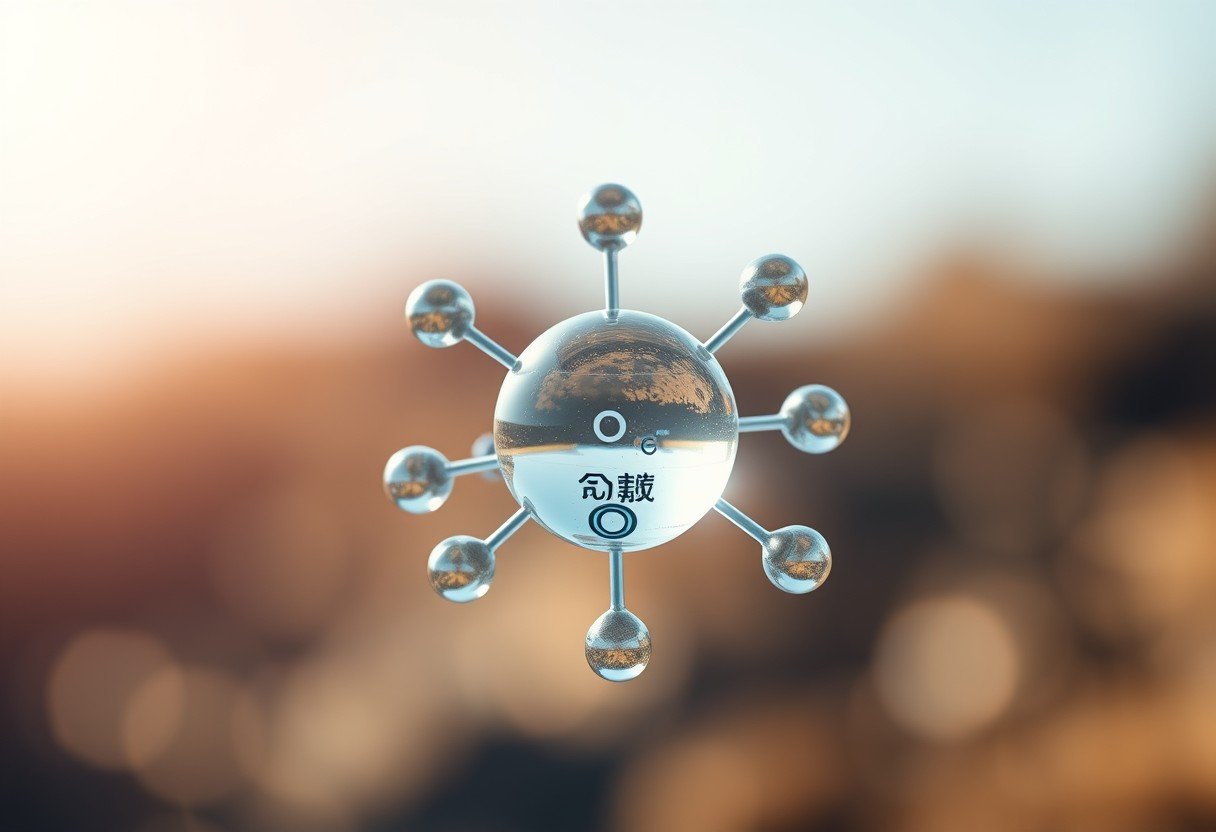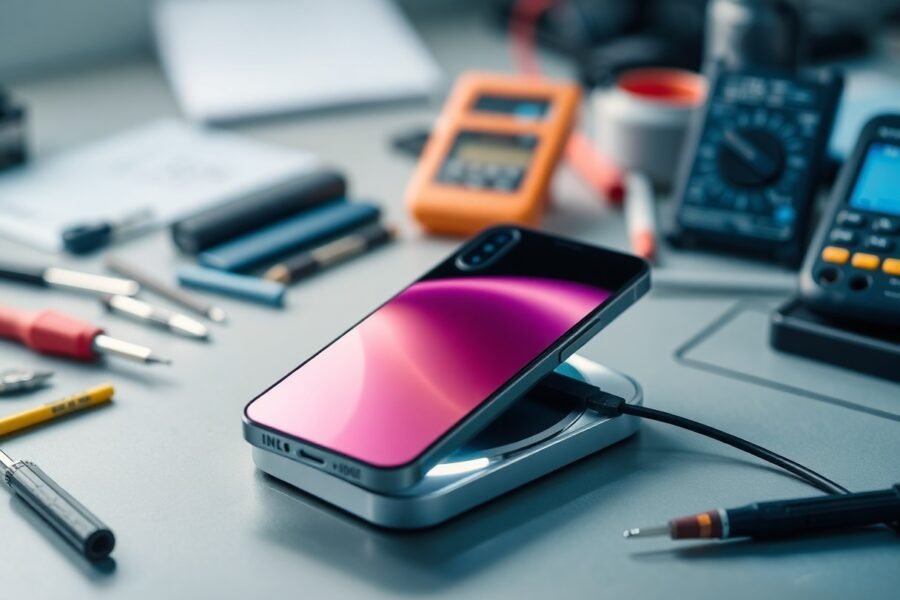Is your brand new air conditioner shutting down unexpectedly, leaving you in the heat? This common problem can be frustrating, but the cause is often a simple fix. From a malfunctioning thermostat to a clogged filter, several issues can trigger an automatic shutdown. Understanding these potential reasons is the first step to getting your cool, comfortable air back on track and ensuring your system runs efficiently.
Is Your Thermostat the Real Culprit?
Before you assume the worst, take a look at the brain of your cooling system: the thermostat. This small device tells your air conditioner when to turn on and off. If it’s not working correctly, it can send the wrong signals, causing your AC to shut down even when your home isn’t cool yet.
A common issue is incorrect calibration. The thermostat might think the room is at the desired temperature when it’s actually much warmer. This can happen with older models or if the sensor is faulty or placed in a bad location, like in direct sunlight or near a heat-producing appliance.
Sometimes, the fix is as simple as checking the batteries. Many digital thermostats run on batteries, and when they get low, the device can malfunction. Always check for a low battery indicator before calling for professional help. If new batteries don’t solve the problem, the thermostat itself might need to be recalibrated or replaced by an HVAC technician.
Overheating from Blocked Airflow
One of the most frequent reasons an AC unit shuts itself off is overheating. Your air conditioner is designed with a safety switch that turns the unit off if it gets too hot to prevent serious damage to the compressor. The primary cause of overheating is restricted airflow.
When air cannot move freely through the system, the unit has to work much harder to cool your home. This strain generates excess heat, eventually tripping the safety switch. The two main culprits for poor airflow are a dirty air filter and a blocked condenser unit.
Regularly cleaning or replacing your air filter is the single most important maintenance task for your AC. A clogged filter essentially suffocates your system. Here is a simple checklist to follow:
- Turn off the power to your air conditioner at the thermostat and the circuit breaker.
- Locate the filter compartment on your indoor unit.
- Slide the old filter out and check its condition. If it’s visibly dirty and clogged, it needs to be replaced.
- Slide the new, clean filter in, making sure the arrows on the filter frame point in the direction of the airflow.
- Restore power to the unit.
Similarly, the outdoor unit, known as the condenser, needs space to breathe. If it’s covered in dirt, leaves, or crowded by plants and furniture, it cannot release heat effectively. Make sure to keep the area around your condenser clear by at least two feet on all sides.
Investigating Potential Electrical Issues
Electrical problems can also cause your air conditioner to shut down randomly. These issues range from a simple tripped breaker to more serious wiring problems that require a professional. A sudden power surge can trip the circuit breaker connected to your AC unit as a safety measure.
You can check your home’s electrical panel to see if the breaker for the AC has been tripped. If it has, you can try resetting it once. However, if the breaker trips again shortly after, it signals a deeper electrical problem that needs immediate attention.
Do not repeatedly reset a tripped breaker, as this can be a fire hazard. Loose connections or frayed wiring can also interrupt the power supply, causing the unit to turn on and off. Unless you are a qualified electrician, you should never attempt to fix wiring issues yourself.
This table can help you decide your next step:
| Symptom | Possible Cause | Action to Take |
|---|---|---|
| AC won’t turn on at all. | Tripped Circuit Breaker | Check breaker panel and reset once. |
| AC keeps tripping the breaker. | Electrical Fault or Overloaded Circuit | Call a qualified electrician immediately. |
| AC shuts off randomly. | Loose Wiring or Faulty Component | Contact an HVAC technician for inspection. |
The Problem with Low Refrigerant Levels
Refrigerant is the vital fluid that your air conditioner uses to absorb heat from inside your home and release it outside. If the refrigerant level is low, your AC cannot cool the air effectively. This forces the system to run longer and work harder, which can lead to overheating and an automatic shutdown.
Low refrigerant almost always means there is a leak somewhere in the lines. Simply adding more refrigerant without fixing the leak is not a solution; it’s a temporary fix that ignores the root problem and can be harmful to the environment.
Handling refrigerant requires special certification and equipment, so this is not a DIY job. If you suspect a refrigerant leak, you must call a licensed HVAC professional. They can locate the source of the leak, repair it, and then recharge the system with the correct amount of refrigerant.
Why the Size of Your AC Unit Matters
When it comes to air conditioners, bigger is not always better, and too small is a significant problem. If your new air conditioner is undersized for your home, it will struggle to reach the temperature set on the thermostat. This means it will run almost continuously without a break.
This constant operation puts immense strain on the components, especially the compressor. Eventually, the unit will overheat from the excessive workload and shut itself off to prevent permanent damage. This is a common issue if the unit was installed without a proper calculation of your home’s cooling needs, known as a load calculation.
An oversized unit is also problematic. It will cool the space too quickly, satisfying the thermostat before it has a chance to dehumidify the air, leading to a cold but clammy feeling. It also causes frequent on-and-off cycling, which increases wear and tear. Proper sizing is crucial for both comfort and the longevity of the unit.
Frequently Asked Questions about AC Shut Downs
Why does my air conditioner turn off after just a few minutes?
This is often caused by a dirty air filter restricting airflow, which makes the unit overheat quickly and shut down. Check and replace your filter as the first step.
Can a really hot day make my AC turn itself off?
Yes, on extremely hot days, your AC works harder. If it’s undersized or its coils are dirty, it may overheat and turn off as a safety precaution.
What does it mean if my AC turns on and off very quickly?
This is called short cycling. It can be caused by a faulty thermostat, a refrigerant leak, or an oversized AC unit for the space it’s trying to cool.
Is it normal for an air conditioner to turn on and off?
Yes, it’s normal for an AC to cycle on to cool your home and off once it reaches the set temperature. However, random or very frequent shutdowns are a sign of a problem.
How often should I change my air conditioner’s filter?
For basic fiberglass filters, you should check them monthly and replace them at least every 90 days. If you have pets or allergies, you may need to change them every 30 to 60 days.
Can I fix a refrigerant leak myself?
No, you should never attempt to handle refrigerant. It requires a licensed and certified HVAC technician who has the proper tools to find and repair the leak safely.







Leave a Comment